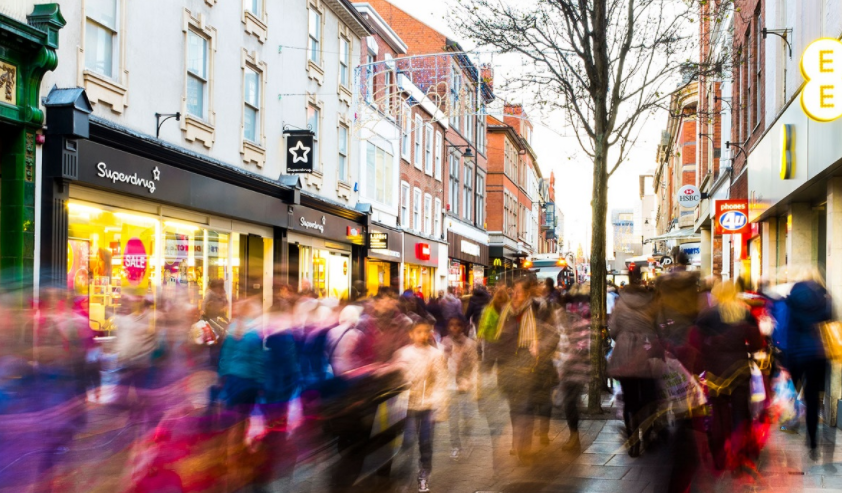The biggest rail strikes in 30 years will this week see 40,000 workers walk out on Tuesday, Thursday and Saturday, at a time when businesses are already struggling with post-pandemic recovery and ongoing supply chain disruption.
Most office-based workers will flex easily to home working, but the events and hospitality sectors will suffer another disruptive blow, as staff are unable to get into work, and customers stay away.
Many venues and restaurants are shutting early this week as a result, and listed pub companies are losing ground amid worries about a drop in spending.
Susannah Streeter, senior investment and markets analyst, Hargreaves Lansdown, said that strikes risk turning ongoing operational headaches into a “fully blown migraine” for the hospitality industry, which was already struggling under the strain of rising energy prices, supply chain disruption and the ongoing labour crunch.
“As the transport network seizes up, bookings are expected to plummet as the lucrative lunchtime crowd stay at home, and night-time revellers cancel reservations whilst fearful they won’t be able to get home at the end of the night.
“Shares in pub chain Mitchells and Butlers have fallen by 1.4% today amid worries about a decline in spending. Wagamama owner the Restaurant Group has also fallen by 0.7% and pub and restaurant owner Whitbread reversed earlier gains to fall into the red.”
Labour shortages
The accommodation and food services sectors are among those experiencing the most significant labour shortages, with 35% firms saying it was a problem in mid-June, according to Streeter.
“Hospitality bosses are also fretting about the soaring electricity gas and fuel bills with almost half of firms (47%) saying energy costs were a concern, up from 29% in May. To add to cacophony of problems, sourcing key products is still a real issue for many companies, with more than a fifth (21.7%) of firms still having to deal with supply chain disruption.
“After the big Jubilee blow-out it seems shoppers are already showing signs of reining in their spending. Visits to "retail and recreation" fell by 12% this month and there is evidence we are using our cards less frequently. The CHAPs indicator of UK credit and debit card purchases decreased by 6 percentage points to 102% of its February 2020 average in the week to 9 June 2022, with falls in all spending categories.
“Although spending in suburbia may hold up, with more commuters staying home and venturing out more locally instead, the strike is set to empty streets in urban areas. The possibility of a sunshine boost to sales in town and city centres is evaporating, given that vastly fewer outings are being planned and those who do venture out are likely to hurry home to avoid being stranded.’’
Image: Deserted railway track, courtesy Network Rail.
Printed Copy:
Would you also like to receive CIR Magazine in print?
Data Use:
We will also send you our free daily email newsletters and other relevant communications, which you can opt out of at any time. Thank you.











YOU MIGHT ALSO LIKE